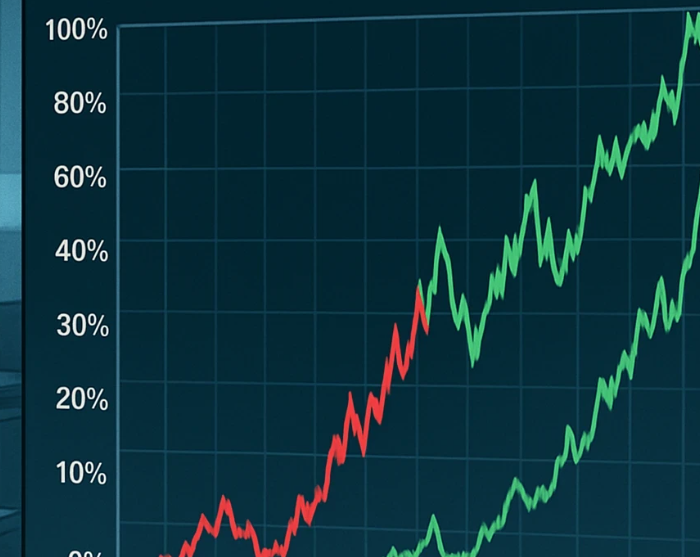Understanding the Bank of England Base Rate: What It Means and Why It Matters
Discover what the Bank of England base rate is, how it's set, and how changes impact mortgages, savings, inflation, and the UK economy overall.
Understanding the Bank of England Base Rate: What It Means and Why It Matters
The Bank of England base rate plays a crucial role in shaping the financial landscape of the United Kingdom. Yet for many, it remains a vague concept heard only in news bulletins or mortgage letters. In this article, well break down what the base rate actually is, why it changes, and how it impacts everyday life in the UK.
What Is the Bank of England Base Rate?The base rate, sometimes called the "bank rate" or "interest rate," is the benchmark interest rate set by the Bank of England. It is the rate at which the central bank lends money to commercial banks and building societies. In turn, this influences the interest rates these institutions charge consumers for loans or pay on savings.
Why the Base Rate ExistsAt its core, the base rate is a tool of monetary policy. It is used to control inflation, support economic growth, and stabilize the currency. When inflation is too high, the Bank may raise the rate to discourage borrowing and slow down spending. Conversely, when the economy is weak, a lower rate encourages lending and investment, helping to stimulate growth.
How the Base Rate Is DecidedThe Monetary Policy Committee (MPC), a group within the Bank of England, meets regularly to assess economic conditions. They analyze factors such as inflation trends, wage growth, consumer spending, global economic pressures, and the strength of the pound. Based on this data, the committee votes on whether to raise, lower, or maintain the rate.
Impact on Mortgages and LoansOne of the most direct effects of a base rate change is seen in borrowing costs:
Variable and Tracker Mortgages: These move in line with the base rate. An increase means higher monthly repayments, while a decrease lowers them.
Fixed-Rate Mortgages: These are unaffected immediately but are influenced by the base rate when borrowers remortgage.
Personal Loans and Credit Cards: Lenders often adjust their rates depending on base rate changes, affecting how much interest borrowers pay.
Effect on SavingsFor savers, the base rate also determines how much interest they earn. A higher base rate usually translates to better savings account returns. However, banks may not always pass on the full benefit to customers. In a low-rate environment, returns on savings can be minimal, pushing consumers to look for higher-yield investment options.
Base Rate and InflationInflation-the rate at which prices rise-is closely linked to the base rate. When inflation runs above the Banks target, usually 2%, the MPC may raise the rate to curb excessive price increases. This encourages saving over spending, which cools demand and helps lower inflation. On the flip side, if inflation is below target, the rate might be lowered to stimulate spending and economic activity.
Broader Economic InfluenceThe base rate doesn't just impact individuals-it affects the economy at large. From business investment decisions to the housing market, consumer confidence to exchange rates, its influence is far-reaching. For example:
A higher base rate can strengthen the pound, making imports cheaper but exports more expensive.
Lower rates often weaken the currency but support domestic business by making borrowing more affordable.
Looking Ahead: What to ExpectThe direction of the base rate depends on a wide range of economic indicators. In uncertain times, the MPC may take a cautious approach. In more stable conditions, it may act more decisively. Understanding the base rate and staying informed about changes can help individuals and businesses make better financial decisions.
The Bank of England base rate is more than just a number announced a few times a year. It influences nearly every aspect of the UKs financial system, from inflation and economic growth to the cost of borrowing and returns on savings. Whether youre a homeowner, saver, investor, or business owner, the base rate directly or indirectly affects your financial well-being. Keeping an eye on its movements-and understanding the reasons behind them-can offer clarity in a complex economic world.
Understanding the Bank of England Base Rate: What It Means and Why It Matters
